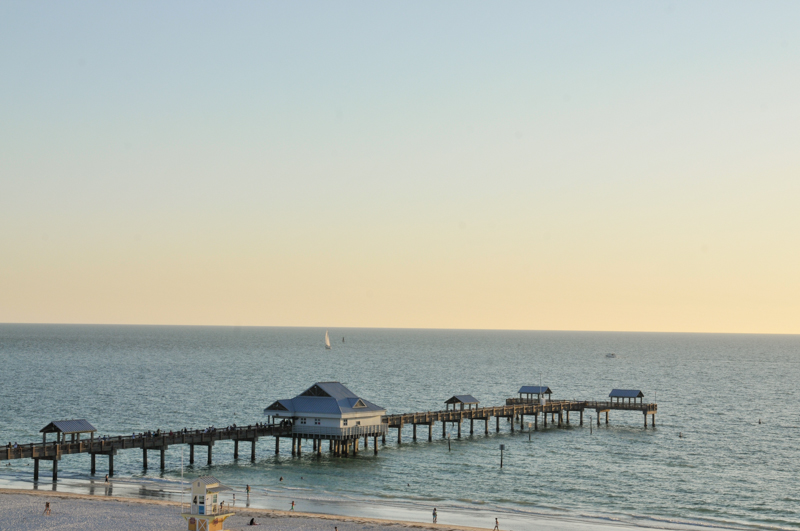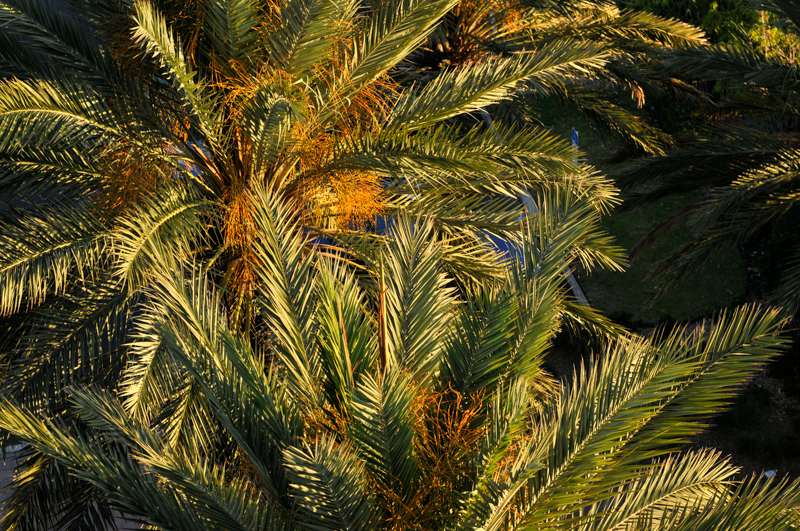I’m currently reading a great book called Everyman’s Guide to Ecological Living by Greg Cailliet, Paulette Setzer and Milton Love. I wanted to share their general rules to live by because they resonate so deeply within me. This book was published in 1971 and only cost $.95 at the time! It’s pretty short with a little more than a hundred pages. It is written in a really straightforward and simple manner and while some aspects are outdated (because this was one of the first resources of its kind and the internet wasn’t around yet) the ecological principles hold up. It’s actually pretty quaint to read things like, “Support manufacturers that sell deposit bottles. Write them and express your satisfaction with this policy.” So while some of those suggestions don’t make sense today, the ideas behind the actions the authors want you to take are still important and shouldn’t be forgotten.
I think Everyman’s Guide to Ecological Living is a great text if you haven’t really given ecological living much thought. I’m not sure if I mentioned this on Seasoned yet, but I have dreams of living far away from “the real world” on my own little plot of land. Self-sustainability and off-the-grid living is an attractive fantasy and one day I hope it’s an attainable goal. Not many of these principles are new to me, instead I find myself shaking my head ‘yes’ while I read page after page. For me, this book is a nice affirmation that living simply should and is valued by many, even if I don’t come across those folks every day. I also love the simplistic nature in which all these principles are laid out for the viewer. This text would actually be great required reading for middle school kids. Each page has suggestions for living a more ecologically-sound life; we could all do a little bit better, yes?
Here’s how the book begins:
General Rules to Live By:
Be Constantly Aware of the Interdependence of Man and Nature.
- Everything we do has an effect somewhere.
- Be alert to the ultimate fate of items you use.
- Before using, ask, “What will it do to the state of the environment?”


